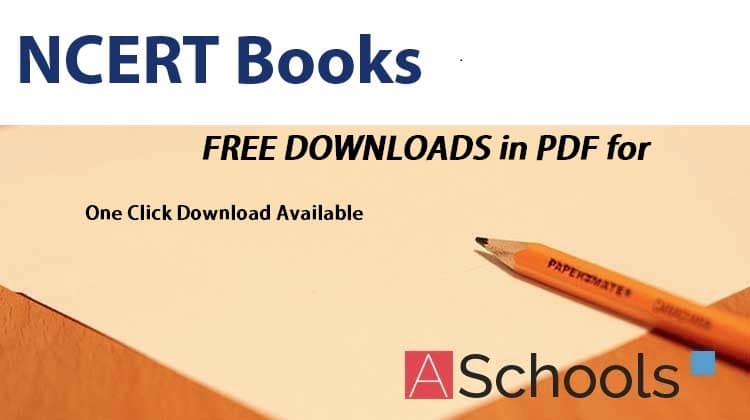Free Torrent Download Math Books Pdf
But you wouldn't download a new Director of Talent. I've found that torrents aren't really great for textbooks. I've always done google searches for the book and just include file:pdf to display results that are in a pdf.
Descargar cancion yo te amo chayanne gratis. After the initial excitement;-) had settled down in the mid-nineties, it was, on order of magnitude, about $100 per year. Every once in a while, an interested mathematician would buy a copy. Other than that, in order to sell such a book, there has to be a graduate level class on the subject at some university (attended typically by about 5 people), and the teacher has to pick your book over a handful of other options. I haven't kept track of the grand total that I made off the book, but it would certainly be a rather crappy used VW Golf. I am so far removed from academia now that I have never thought about how I would publish a book like that today. My first impulse would be to make it a free ebook.
Web search for 'free course textbooks' indicates that this is not unheard of. Does anyone know how common it is, at various levels of higher education? Just to emphasize your comment: anyone looking to expand their knowledge should download pdfs and epubs from genlib/libgen (I pronounce it 'libgen').

It's changed the way I read. Now, if I have even a passing interest in a book, I download it and read the introduction. If I like it, I get it from the library. If I like my first reading, I buy the book. The two things that have increased the range of my intellectual interests in 2015 have been libgen and twitter (where people more interesting than me talk about their research with others). I'll play devil's advocate: do you? In America (the only country I'm familiar with), people are sued by the RIAA or MPAA for copyright infringement.
I've never seen a pattern of lawsuits for pirating books[0]. So there's very little risk of getting caught. If someone has a moral problem with my piracy, I'd reply that I'm a paying member of my local library and I purchase far more books than the average person. If someone has a moral problem with them personally pirating, I'd suggest trying it out.
You'll be so happy that you'll retroactively justify your behavior. [0] Exceptional cases like Aaron Swartz (who downloaded 1 million+ Jstor articles) do not a pattern make. 'What Is Mathematics?' Second Edition by Courant, Robbins & Stewart[0] is a great introduction to Mathematics in general (And covers most of the main fields), but also (iirc) is good at describing the notation used. As well as that I find Wolfram Alpha[1] and Math As Code[2] good at describing some pieces of notation.

Other introductory books I've found very useful are the 'Dover Books on Mathematics' introductions series, I've found their graph theory[3] and topology[4] books rather concise and clear to read -- to my knowledge they're availible at archive.org in the collection 'folkscanomy mathematics'[5]. [0]: [1]: [2]: [3]: [4]: [5]. My general experience with the GRE is that it skewed heavily towards multivariable calculus, since it's the one 'advanced' topic that you can pretty well guarantee that all undergraduate math students will have encountered. Upper level courses already diverge into analysis, groups, combinatorics, and more, so you can't really make a standardized test heavy on group theory, for example.
So get damned sharp on your multivariable calc and you'll be good to go. As for the bigger life direction question, I have no idea without further context.